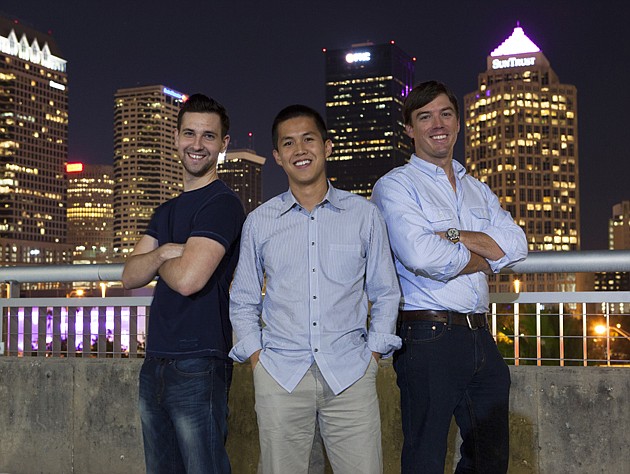- December 15, 2025
-
-
Loading

Loading

Landon Bass was building out a large Sharepoint distribution site for Raymond James when a colleague from work approached him with an idea. Avid gamer Justin Twohig wanted to build a fantasy league platform for e-sports, or electronic sports.
“I know nothing about video games. I don't know the lingo. I know software architecture,” Bass says. But after hearing Twohig's pitch and visiting a gamers' meet-up, he decided to join Twohig and another Raymond James colleague, Eric Huang, to start building Nerdbet in April.
Just like fantasy football, the trio hopes Nerdbet can become an information platform, with data covering e-sport statistics to answer questions such as: “What's so and so's record? How's so and so doing? Who are the top three gamers in the U.S.?” Bass says.